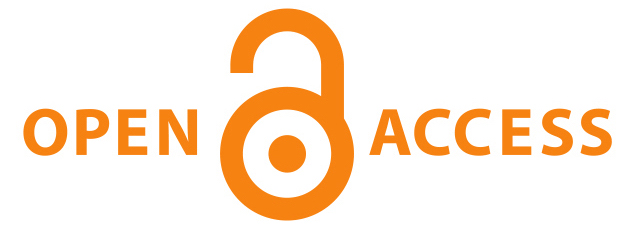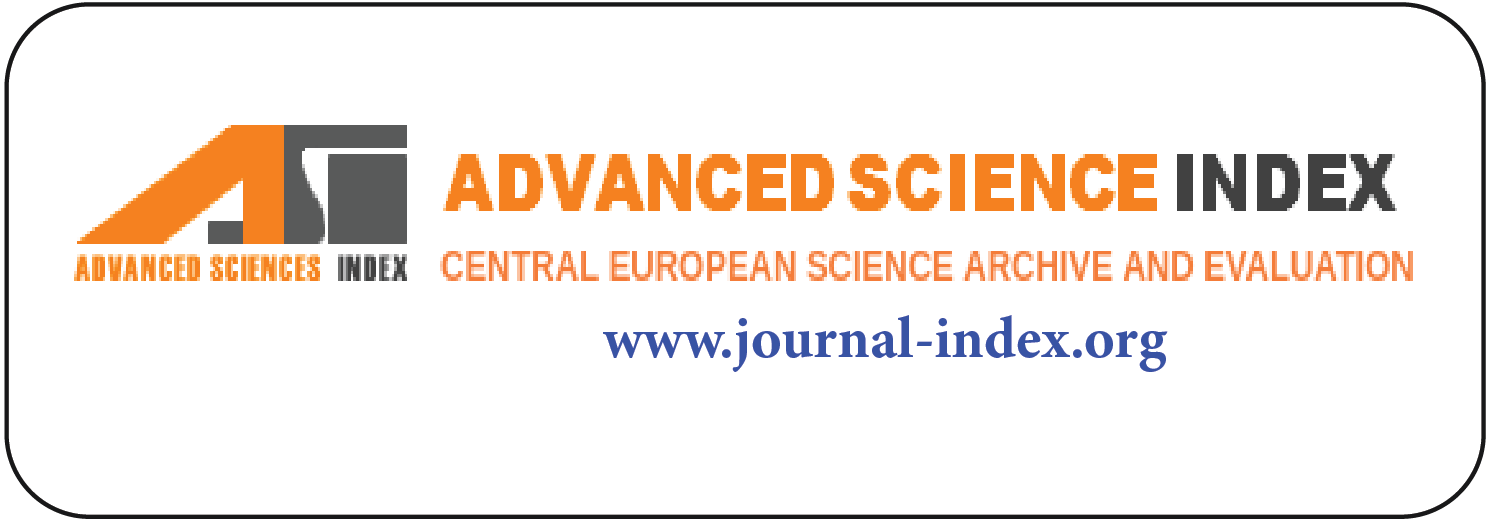Current Situation and Promotion of TPACK Strategies Among Primary School English Teachers in The Era of Artificial Intelligence
DOI:
https://doi.org/10.56868/jadhur.v4i1.286Keywords:
Artificial Intelligence, Primary School English Teachers, TPACK, Current Situation InvestigationAbstract
The study examines how primary school English teachers in Luoyang City, China, developed Technological Pedagogical Content Knowledge (TPACK) in the AI era, focusing on identifying key predictors of TPACK proficiency and contextual barriers to AI integration. It aims to bridge gaps in understanding how socioecological factors shape teachers' technology adoption. A mixed-methods design was employed, combining a TPACK questionnaire (n=200) validated via factor analysis (KMO=0.802, α=0.85–0.92) and semi-structured interviews (n=25). Hierarchical regression and thematic analysis were used to analyze quantitative and qualitative data. Quantitative results revealed PCK, TCK, and TPK as significant TPACK predictors (adjusted R²=0.76), while qualitative themes highlighted pedagogical adaptation challenges, institutional resource gaps, identity shifts, and urban-rural inequities. Infrastructural constraints and policy-practice disconnects mediated AI's potential. The study calls for context-sensitive AI training programs, equitable resource distribution and policies prioritizing pedagogical agency over technocentric mandates. Schools should foster PLCs to support TPACK development in low-resource settings. The study extends TPACK theory by integrating socioecological perspectives, offering a holistic view of AI's role in language education. It uniquely addresses China's urban-rural divide, providing empirical insights into equity challenges in AI-driven TPACK development.
Downloads
Published
How to Cite
Issue
Section
License
Copyright (c) 2025 Liu Qian, Tang Dandan, Lin Honghui

This work is licensed under a Creative Commons Attribution 4.0 International License.
















